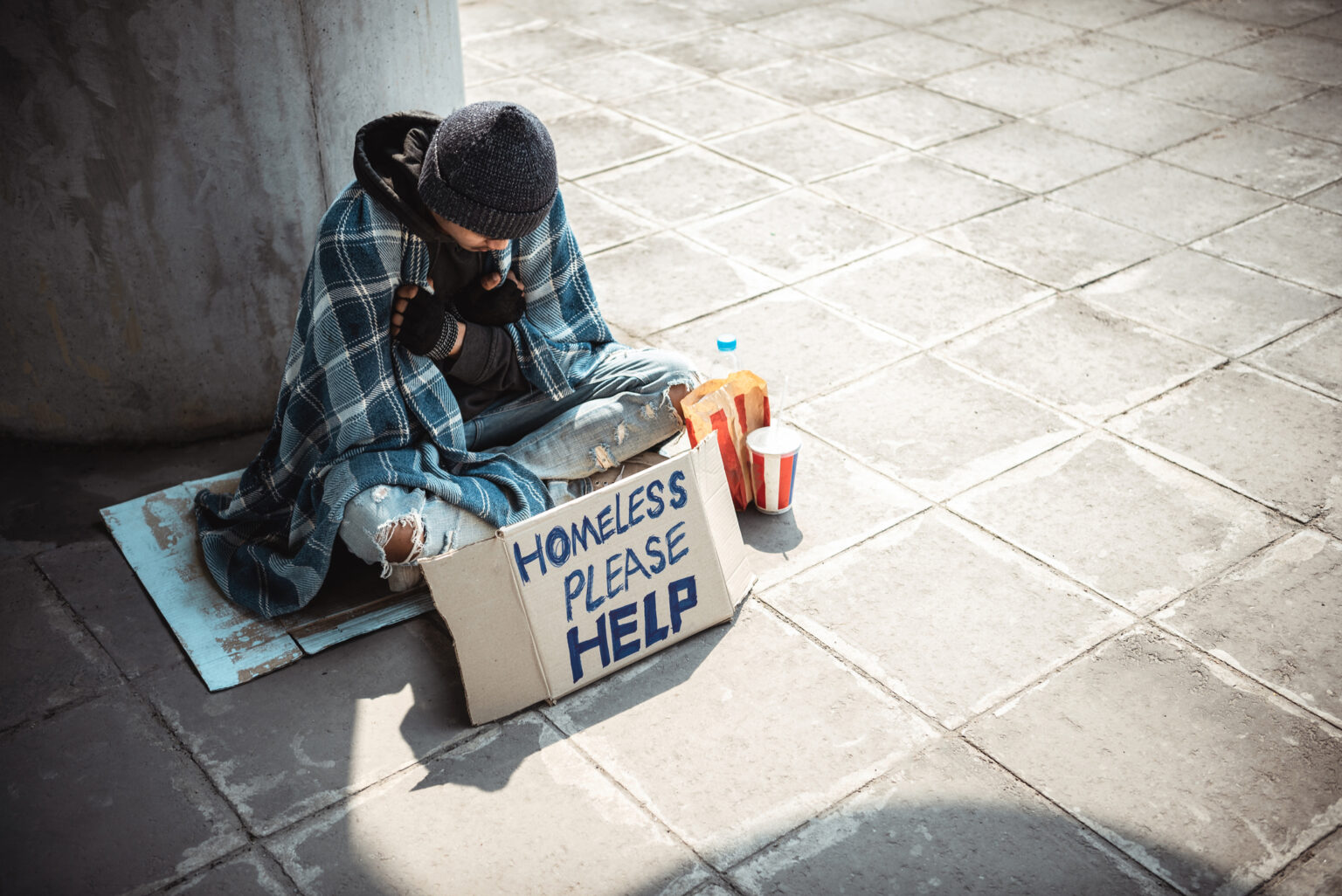10:48
News Story
U.S. Supreme Court sides with Oregon city, allows ban on homeless people sleeping outdoors

The U.S. Supreme Court said in a 6-3 decision on Friday, June 28, 2024, that the enforcement of local laws that regulate camping on public property, including by people without homes, does not constitute the Eighth Amendment’s prohibition on cruel and unusual punishment. (Photo by Jub Rubjob/Getty Images)
WASHINGTON — The U.S. Supreme Court Friday sided with a local ordinance in Oregon that effectively bans homeless people from sleeping outdoors, and local governments will be allowed to enforce those laws.
The ACLU of Kentucky released a statement Friday criticizing the Supreme Court decision.
“The Supreme Court’s ruling ignores decades of precedent protecting Kentuckians from the cruel and unusual punishment of criminalizing homelessness,” said ACLU of Kentucky Legal Fellow Kevin Meunch. “Homelessness can happen to anyone, and we are disappointed the Court has taken the extraordinary step of ignoring precedent to support punishing unhoused people simply for existing.”?
The ACLU and the ACLU of Kentucky submitted a friend-of-the-court brief arguing that punishing people for sleeping outside when they lack access to shelter violates the Eighth Amendment protection against cruel and unusual punishment and conflicts with Supreme Court rulings that the government cannot punish people in ways that are disproportionate to the crime.?
In a 6-3 decision, Justice Neil Gorsuch wrote in the opinion that the enforcement of those local laws that regulate camping on public property does not constitute the Eighth Amendment’s prohibition on cruel and unusual punishment.
“Homelessness is complex. Its causes are many. So may be the public policy responses required to address it,” he wrote. “The Constitution’s Eighth Amendment serves many important functions, but it does not authorize federal judges to wrest those rights and responsibilities from the American people and in their place dictate this Nation’s homelessness policy.”
The case originated in Grants Pass, a city in Oregon that argues its ordinance is a solution to the city’s homelessness crisis, which includes fines and potential jail time for repeat offenders who camp or sleep outdoors.
Justice Sonia Sotomayor wrote a dissent arguing that the ordinance targets the status of being homeless and is therefore a violation of the Eighth Amendment.
“Grants Pass’s Ordinances criminalize being homeless,” she wrote. “The Ordinances’ purpose, text, and enforcement confirm that they target status, not conduct. For someone with no available shelter, the only way to comply with the Ordinances is to leave Grants Pass altogether.”
During oral arguments, the justices seemed split over ideological lines, with the conservative justices siding with the town in Oregon, arguing that policies and ordinances around homelessness are complex, and should be left up to local elected representatives rather than the courts.
The liberal justices criticized the city’s argument that homelessness is not a status protected under the Eighth Amendment’s prohibition of cruel and unusual punishment. The liberal justices argued the Grants Pass ordinance criminalized the status of being homeless.
The Biden administration took the middle ground in the case, and U.S. Deputy Solicitor General Edwin Kneedler offered partial support.
“It’s the municipality’s determination, certainly in the first instance with a great deal of flexibility, how to address the question of homelessness,” he said during oral arguments in late April.
This is a breaking news story and will be updated.
Our stories may be republished online or in print under Creative Commons license CC BY-NC-ND 4.0. We ask that you edit only for style or to shorten, provide proper attribution and link to our website. AP and Getty images may not be republished. Please see our republishing guidelines for use of any other photos and graphics.
Ariana Figueroa
Ariana covers the nation's capital for States Newsroom. Her areas of coverage include politics and policy, lobbying, elections and campaign finance.
Kentucky Lantern is part of States Newsroom, the nation’s largest state-focused nonprofit news organization.




